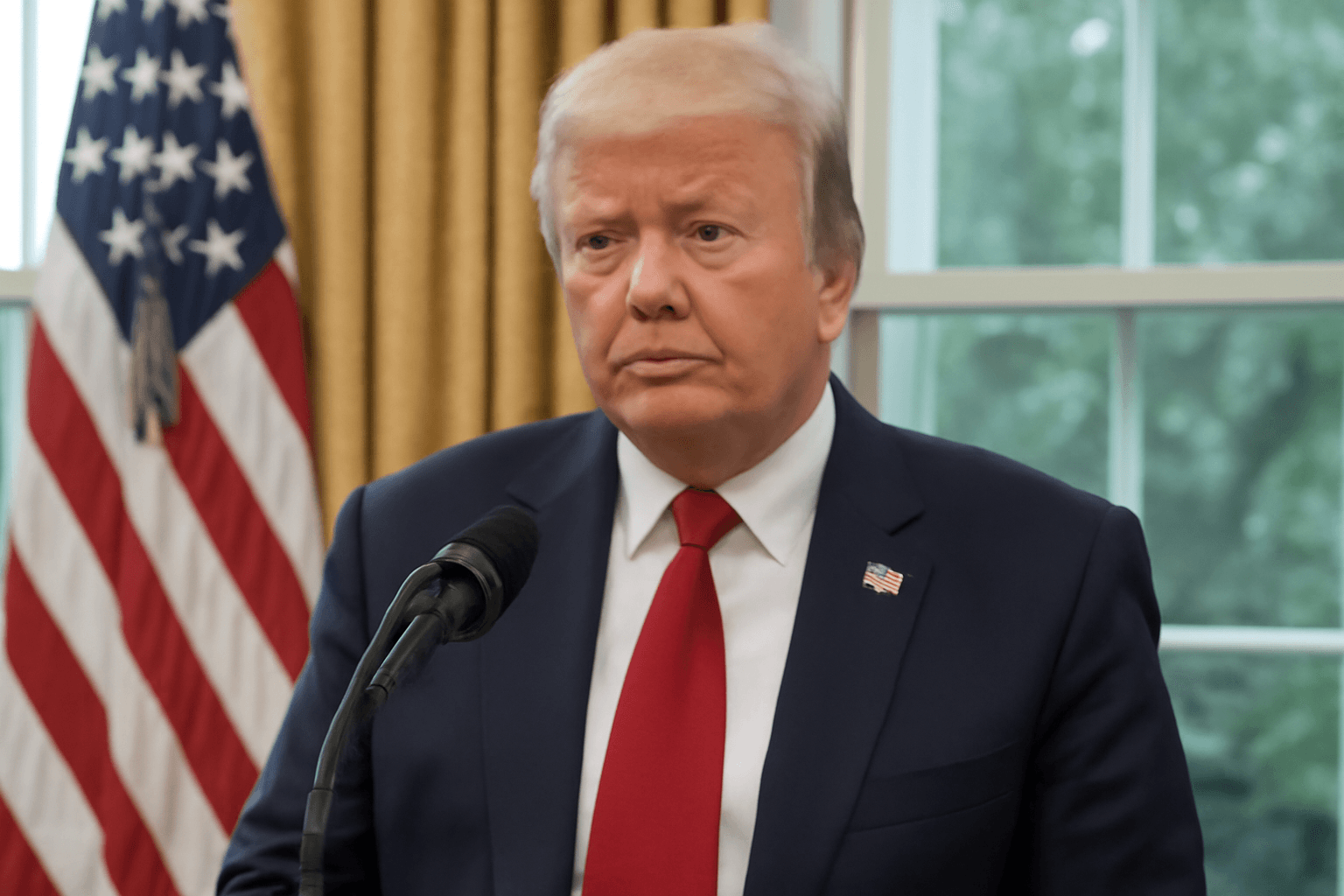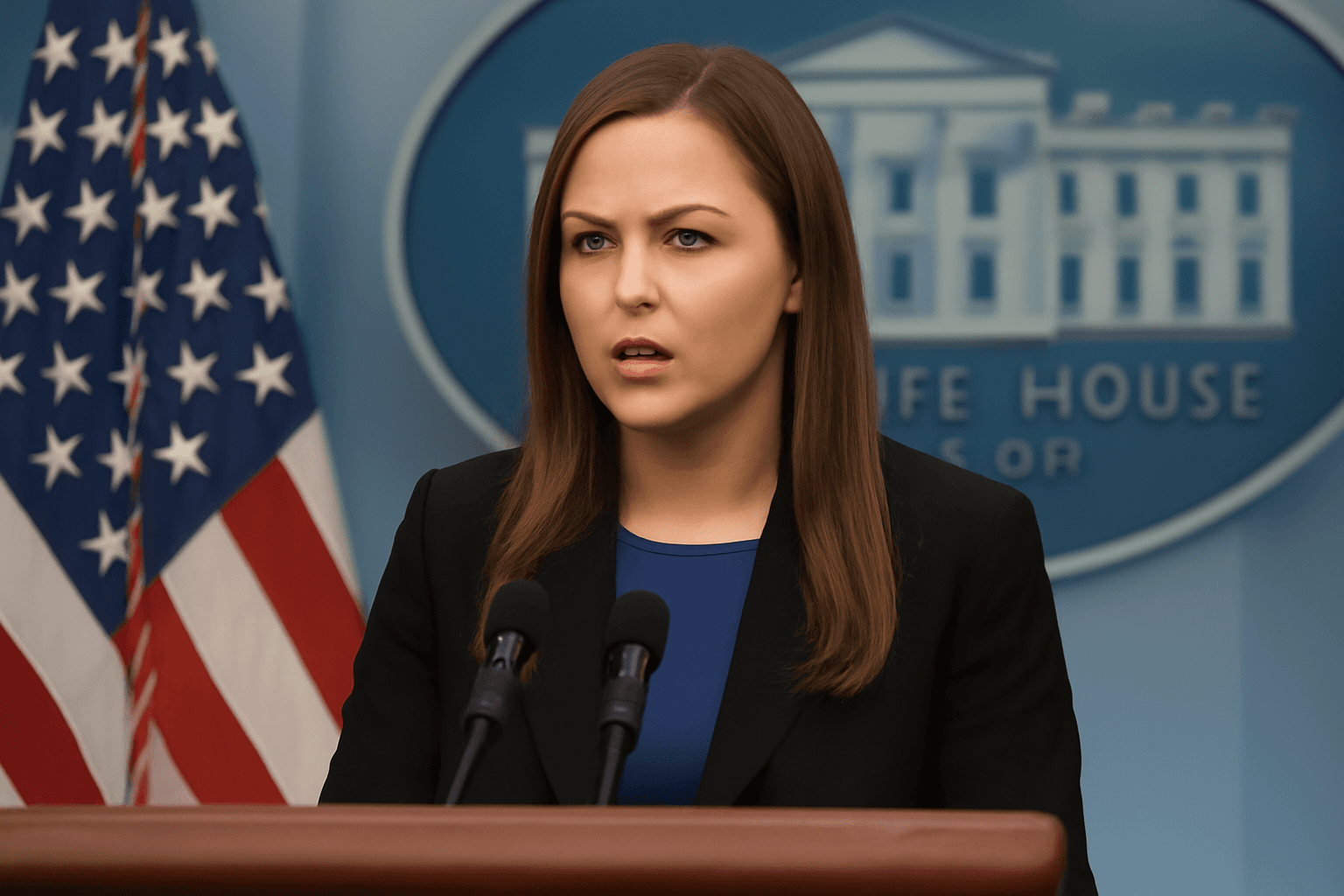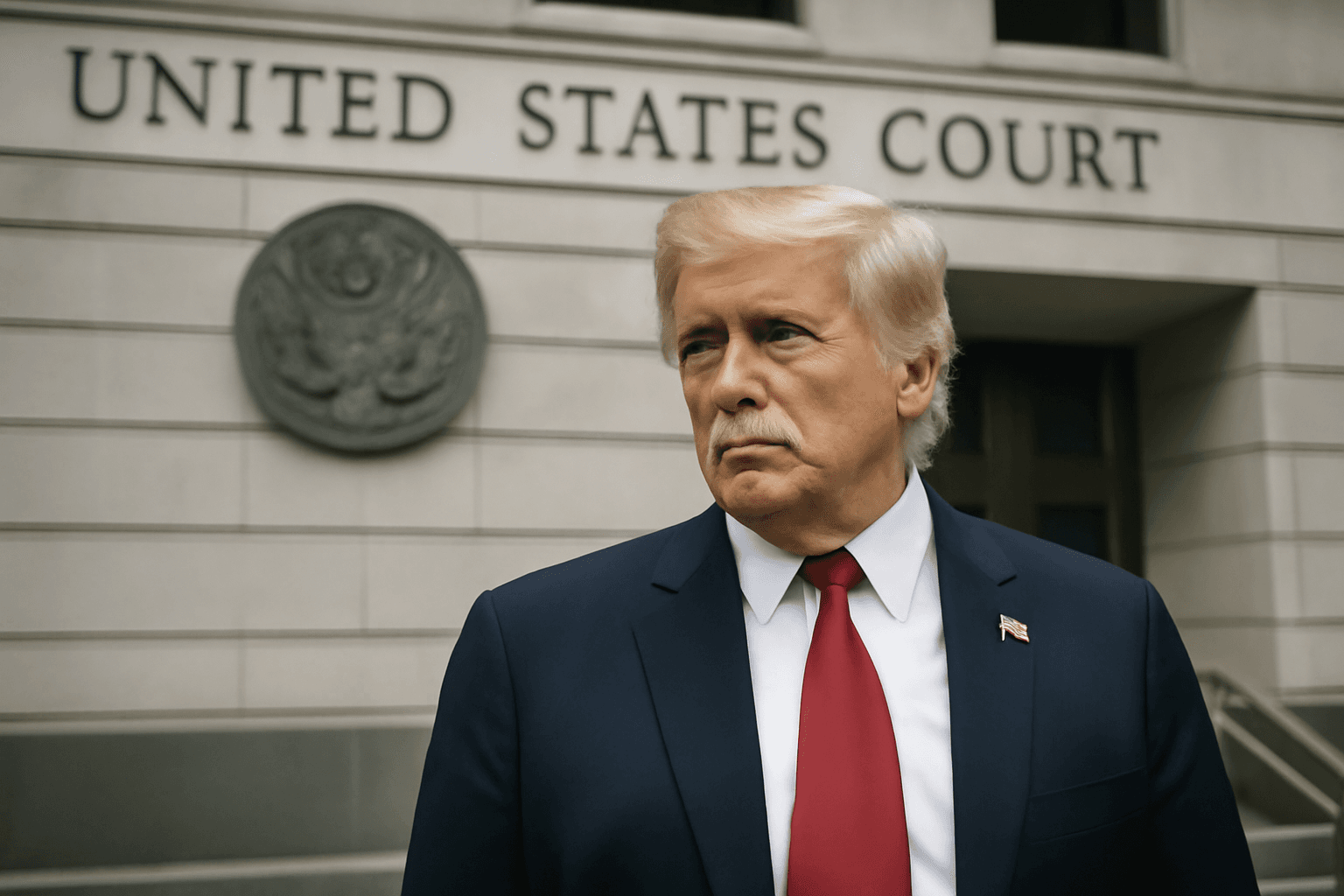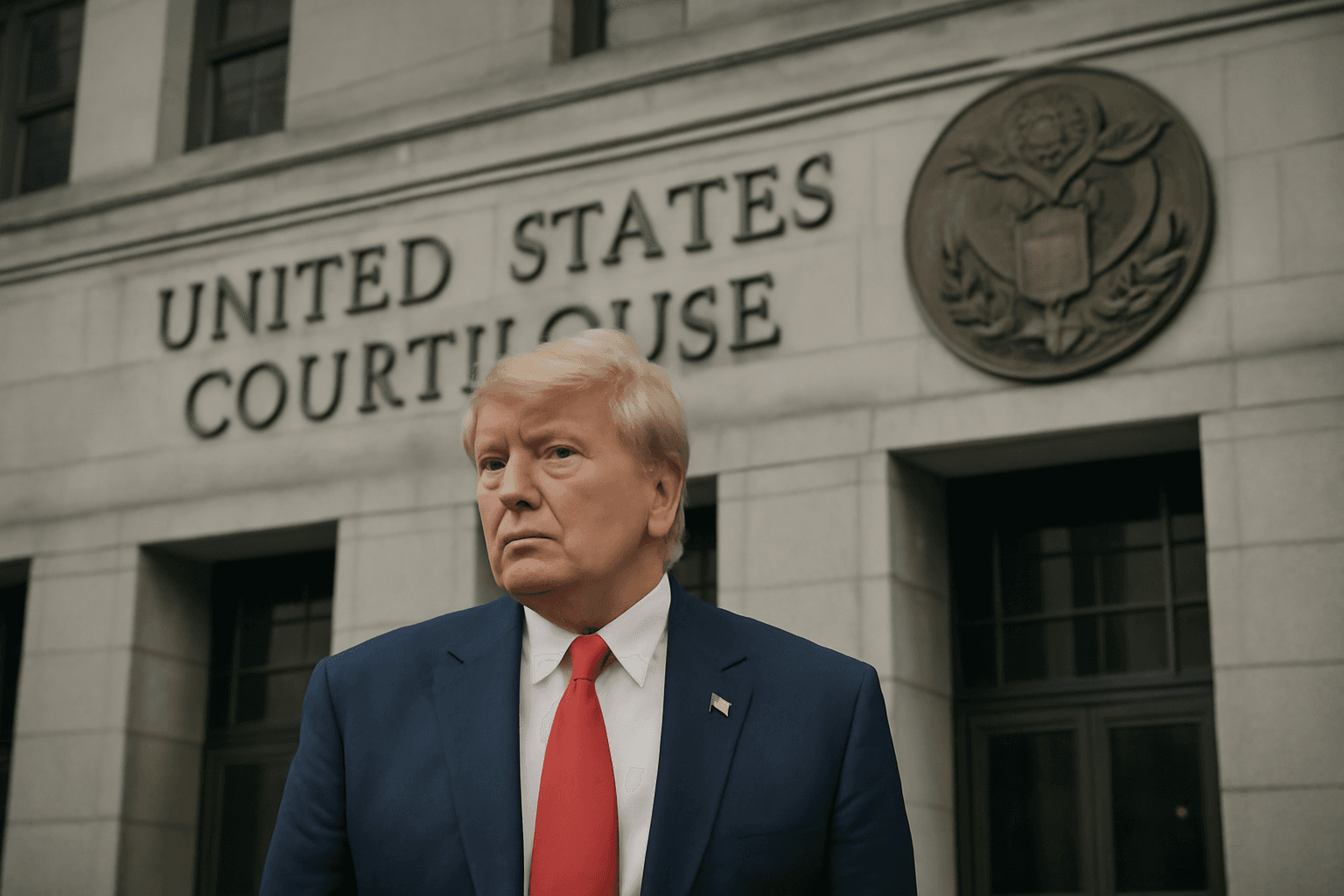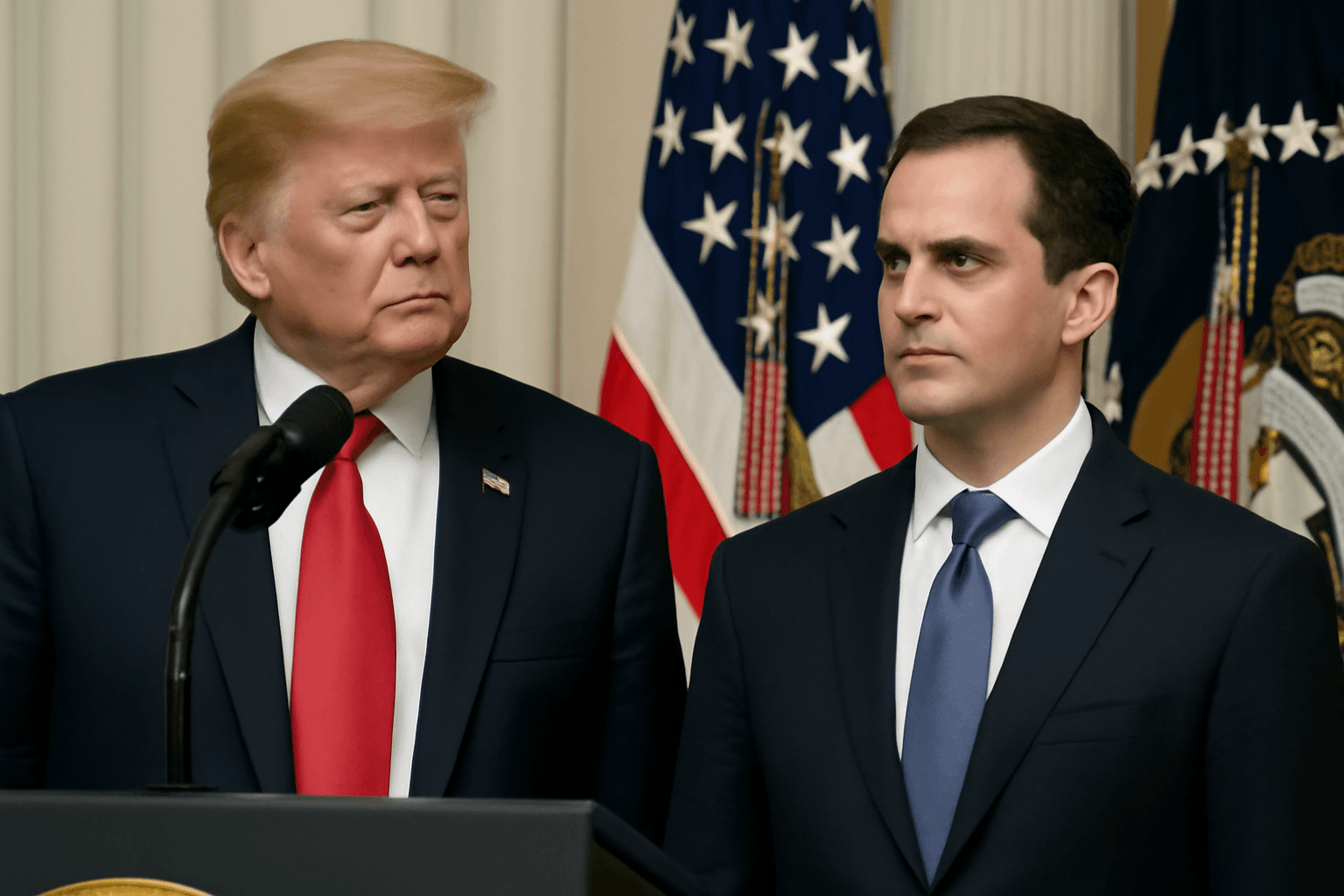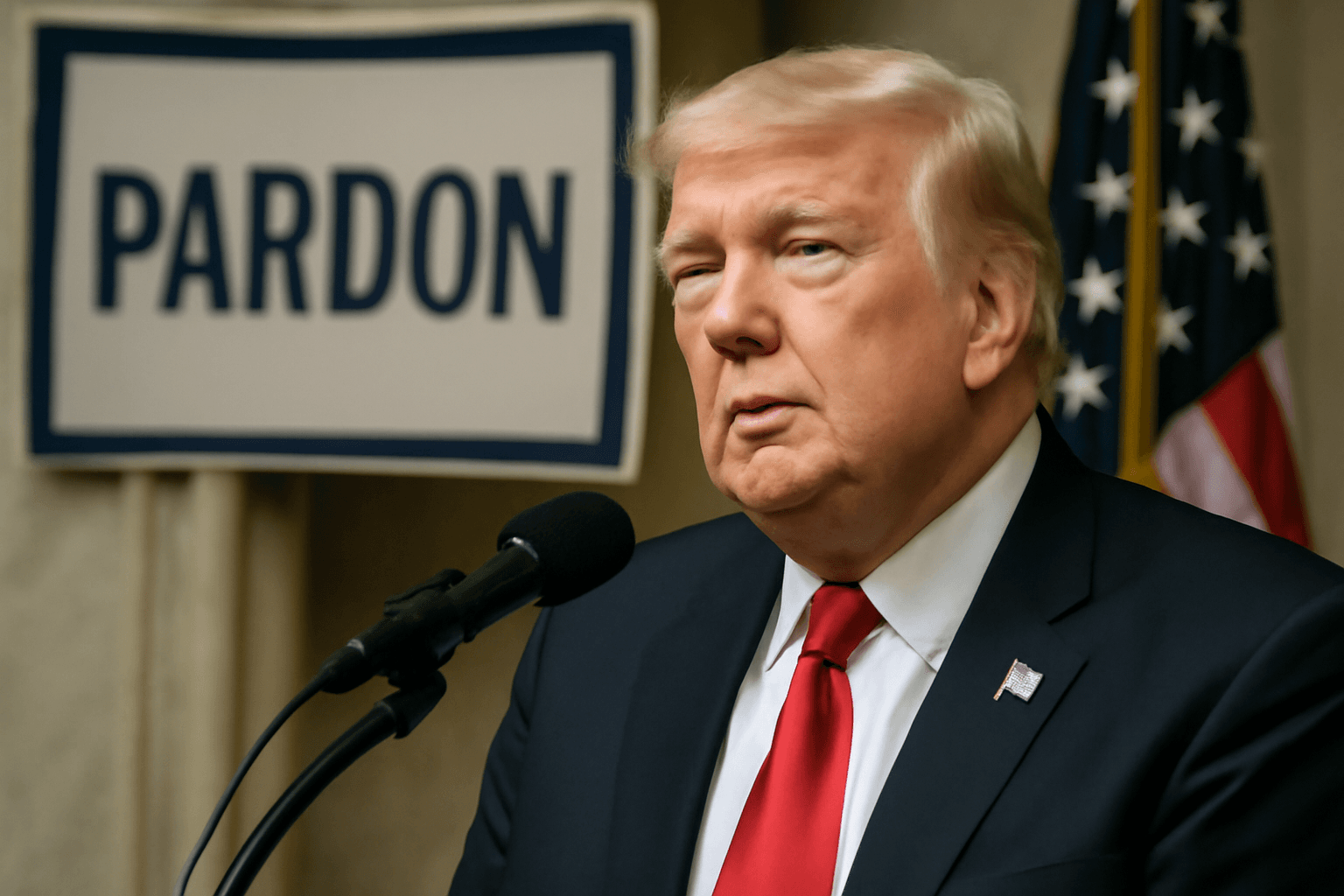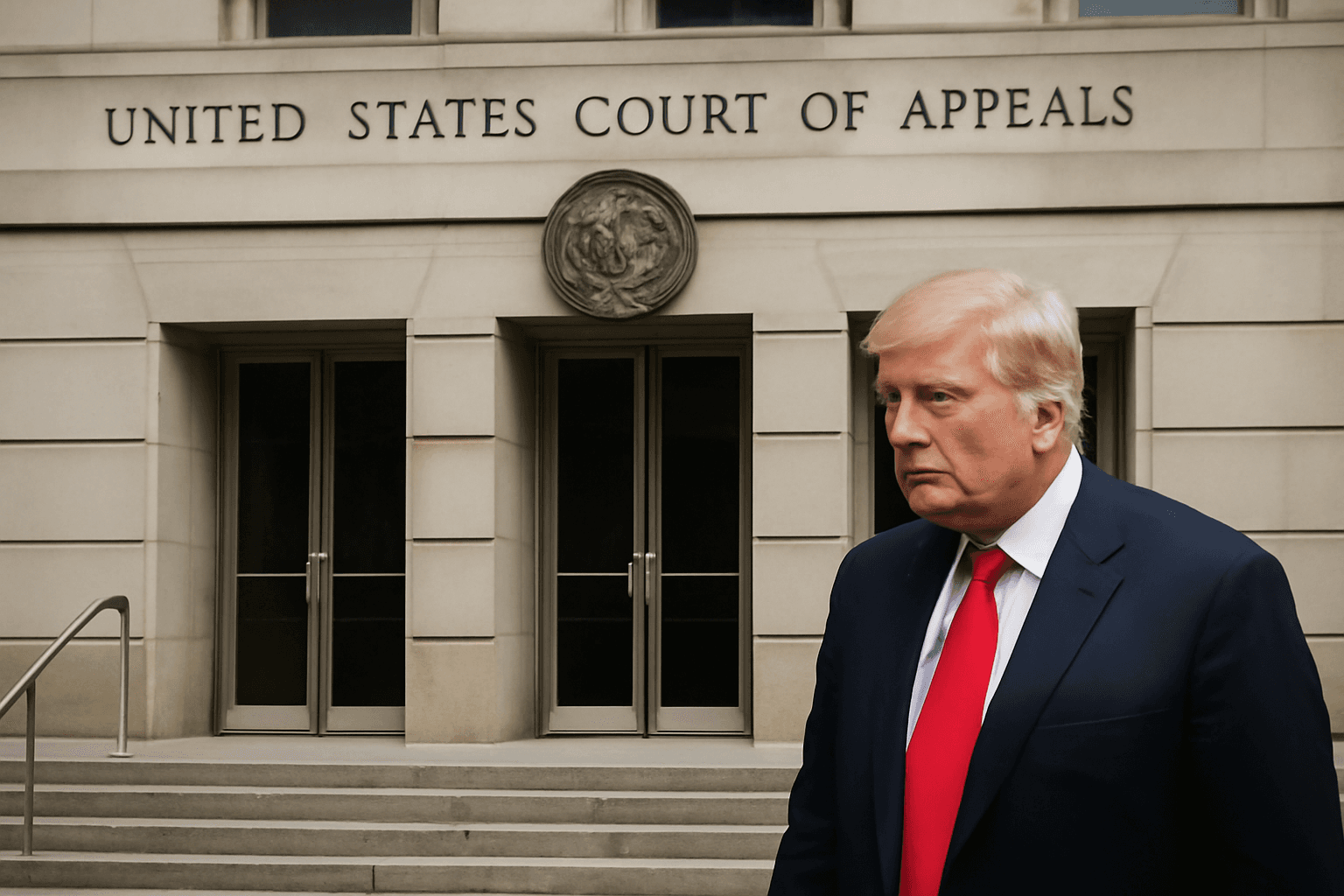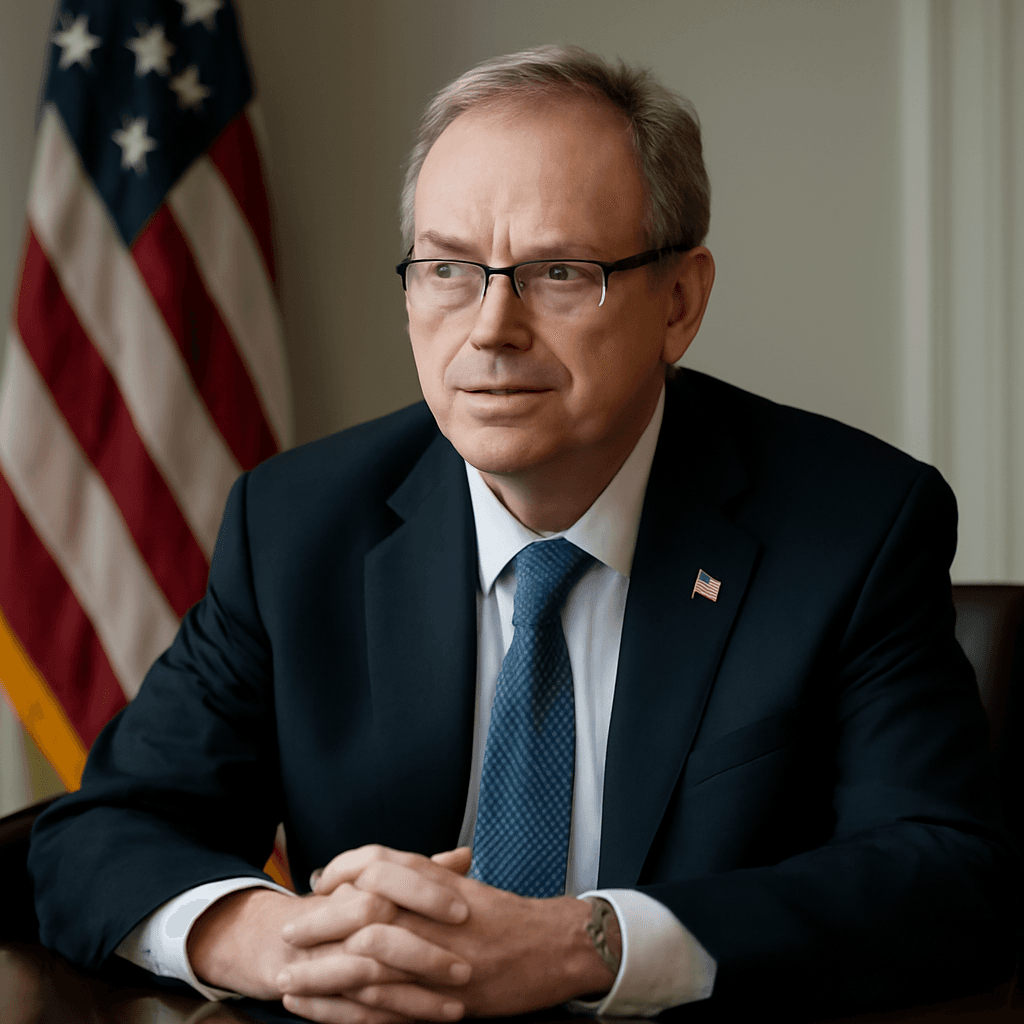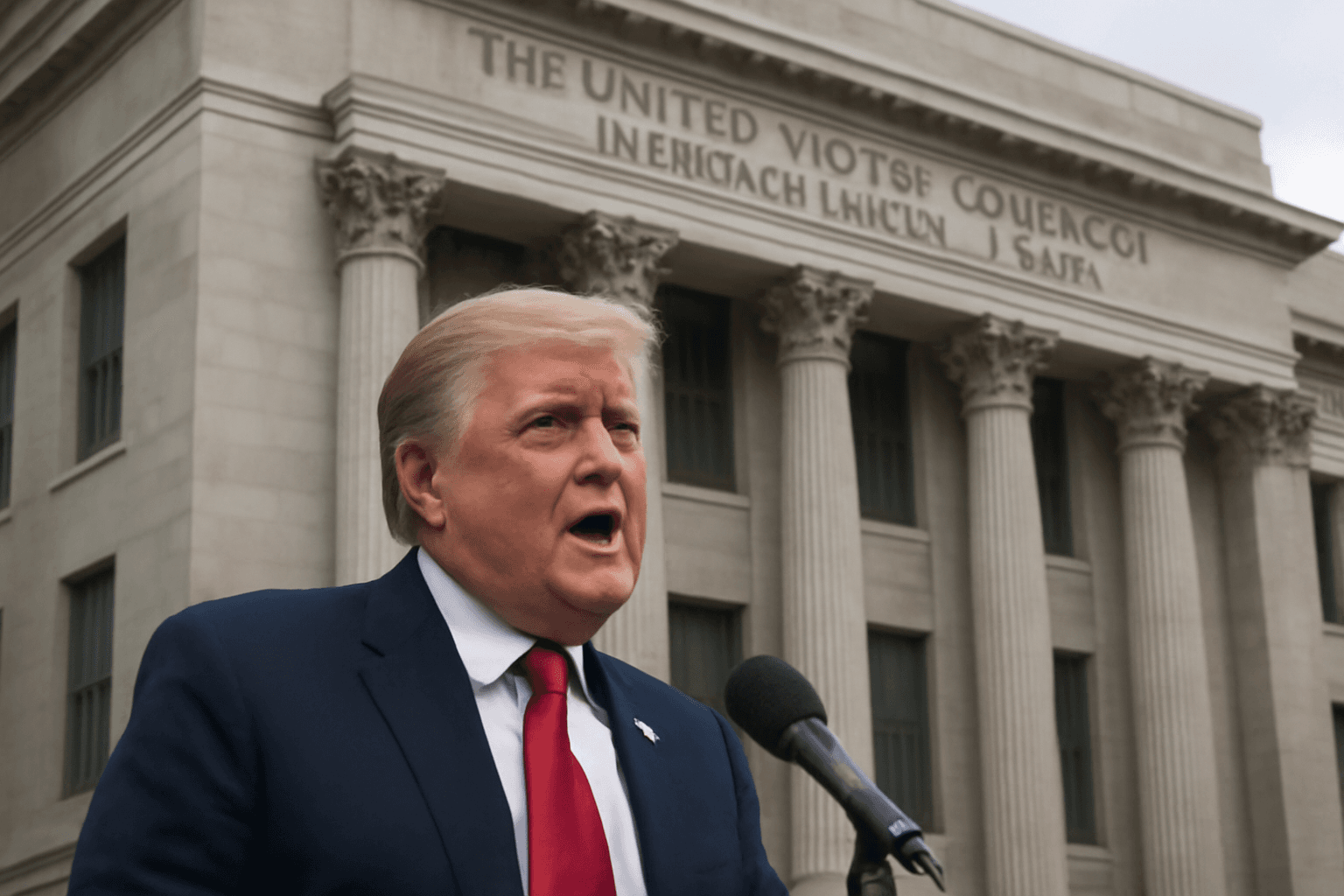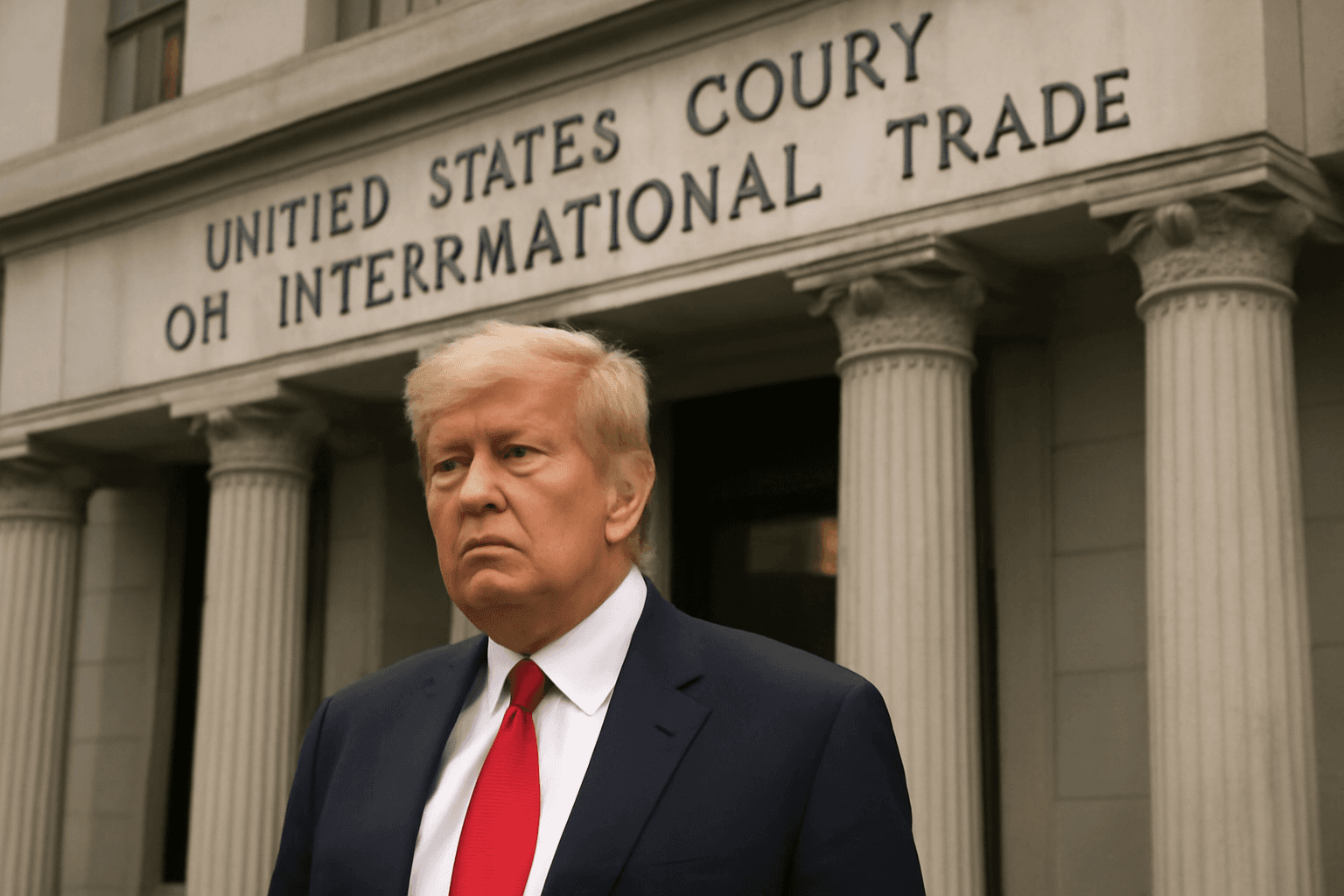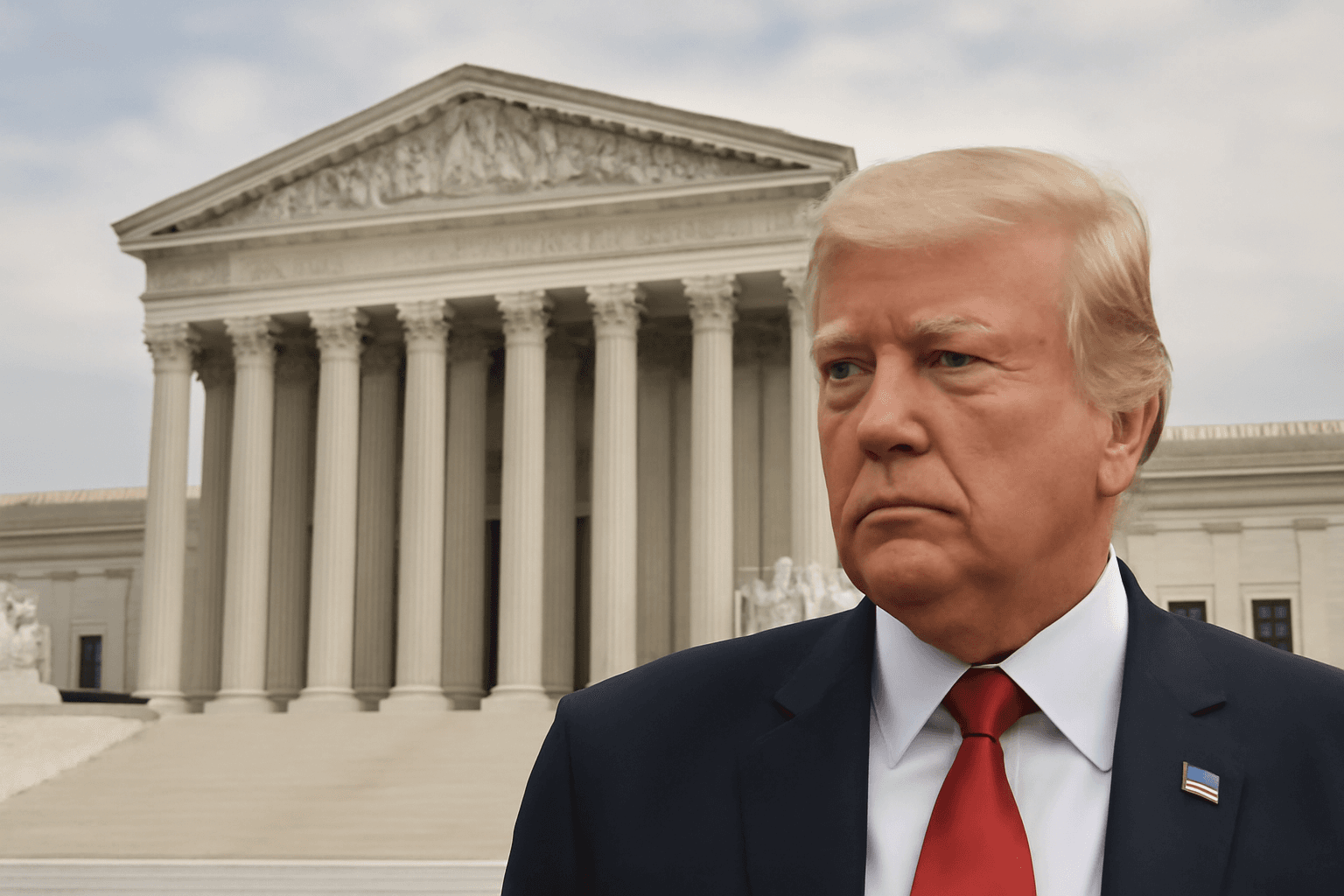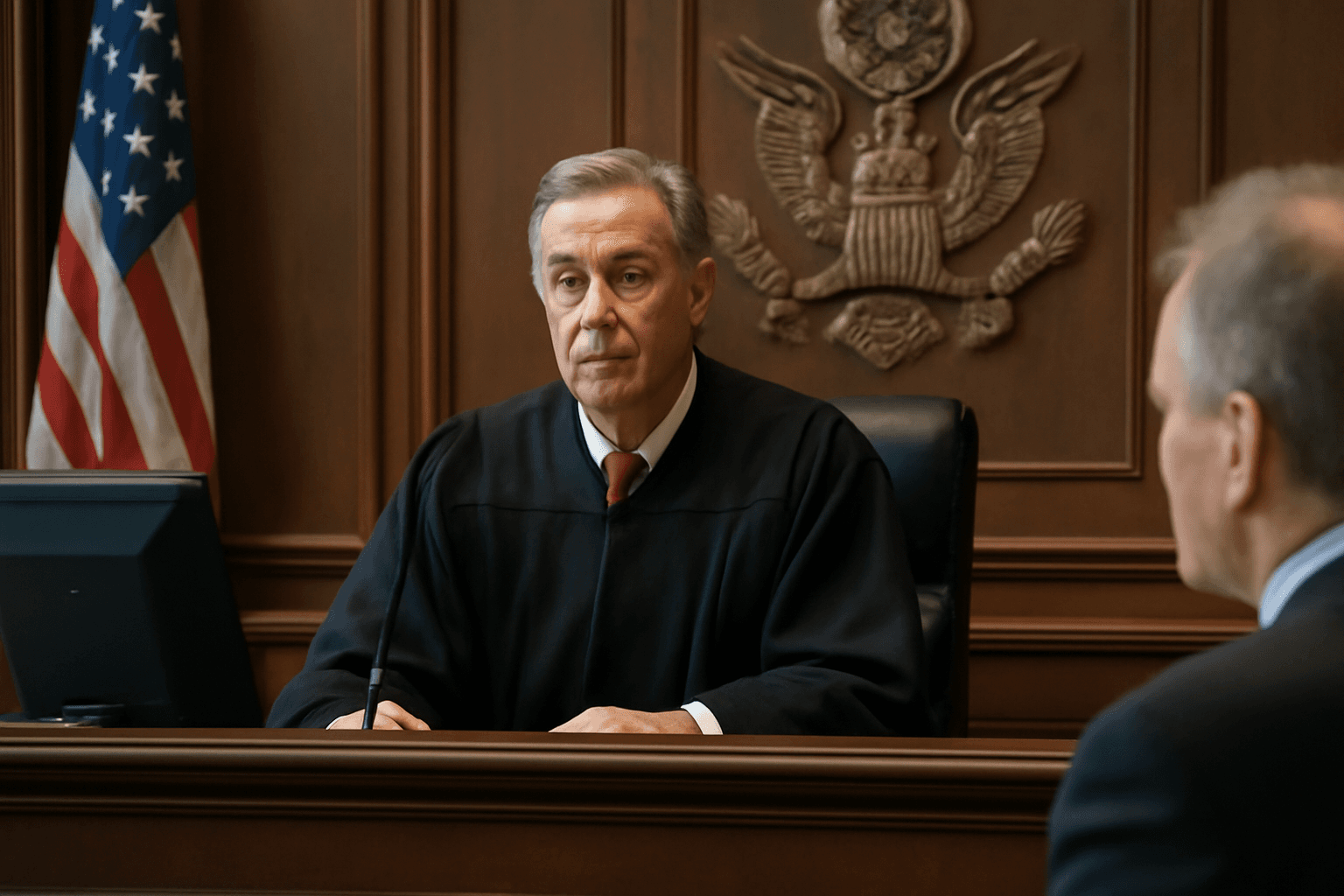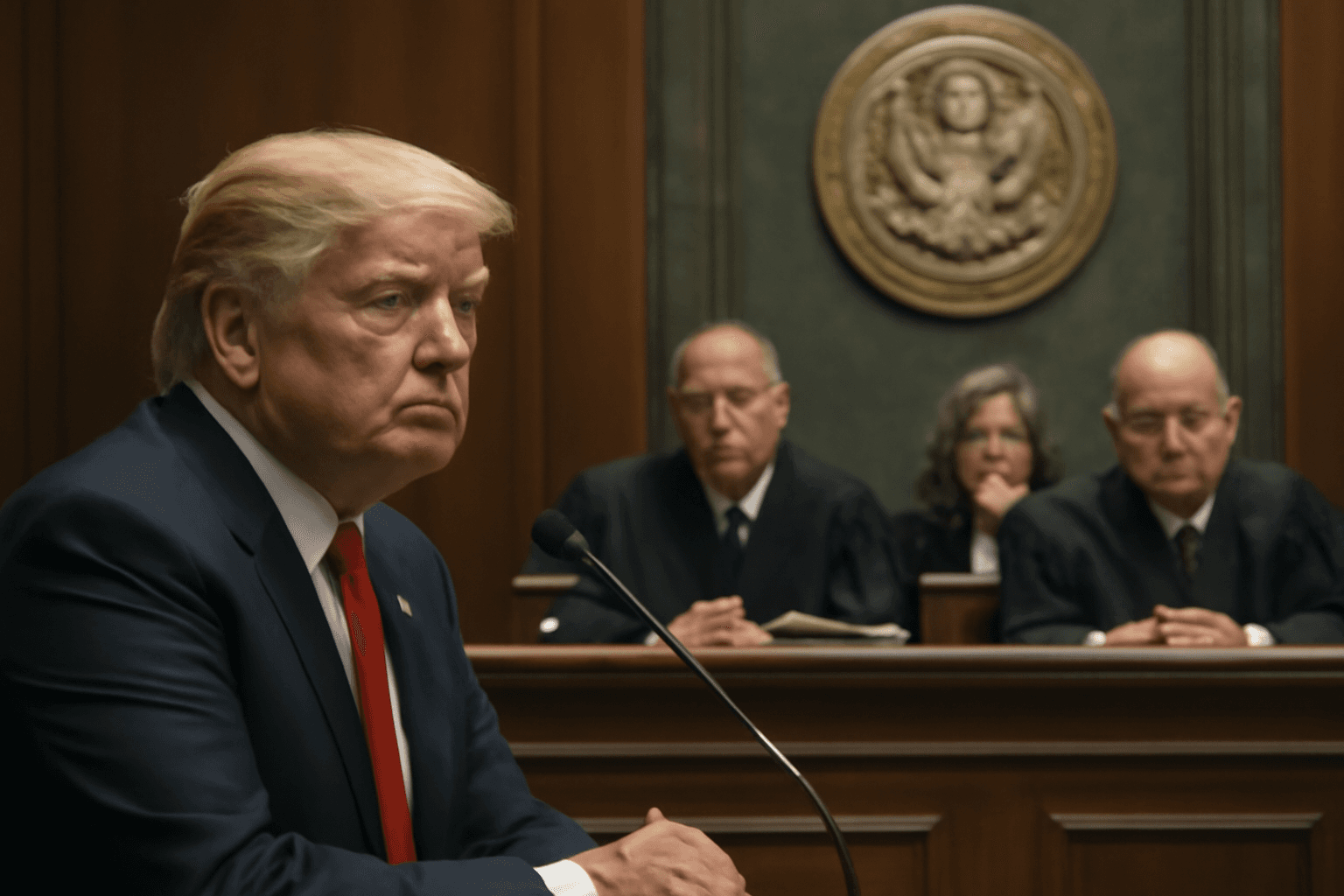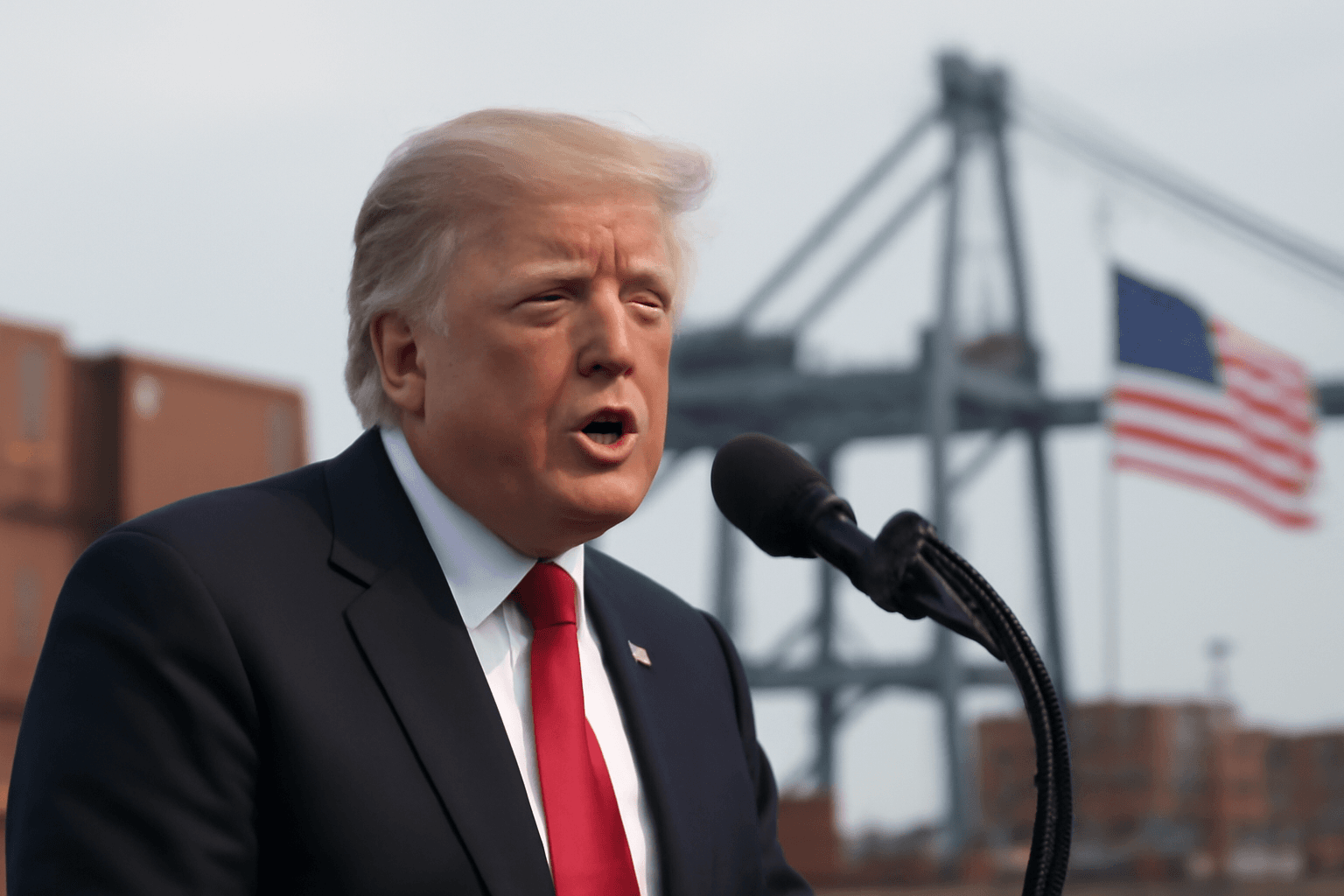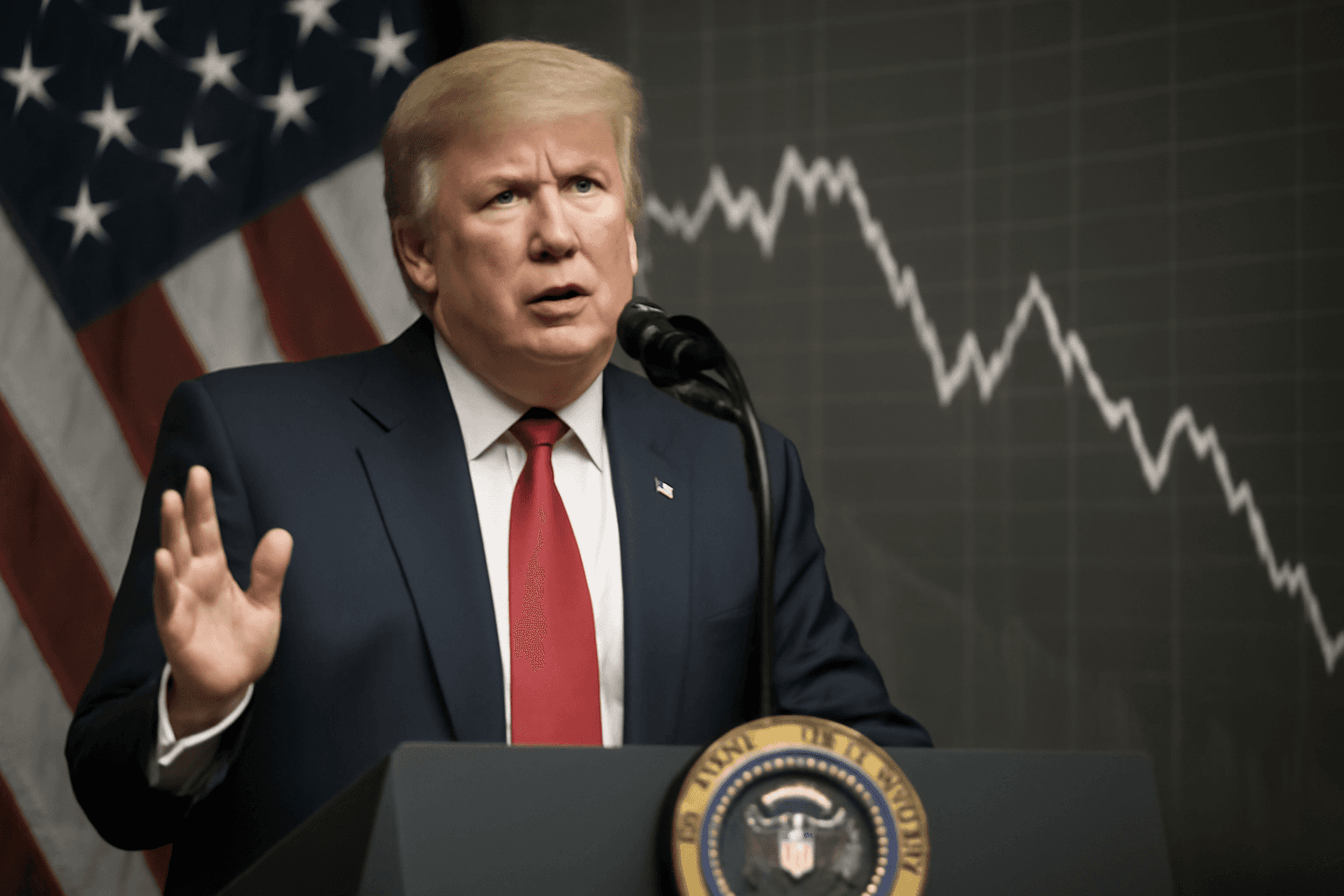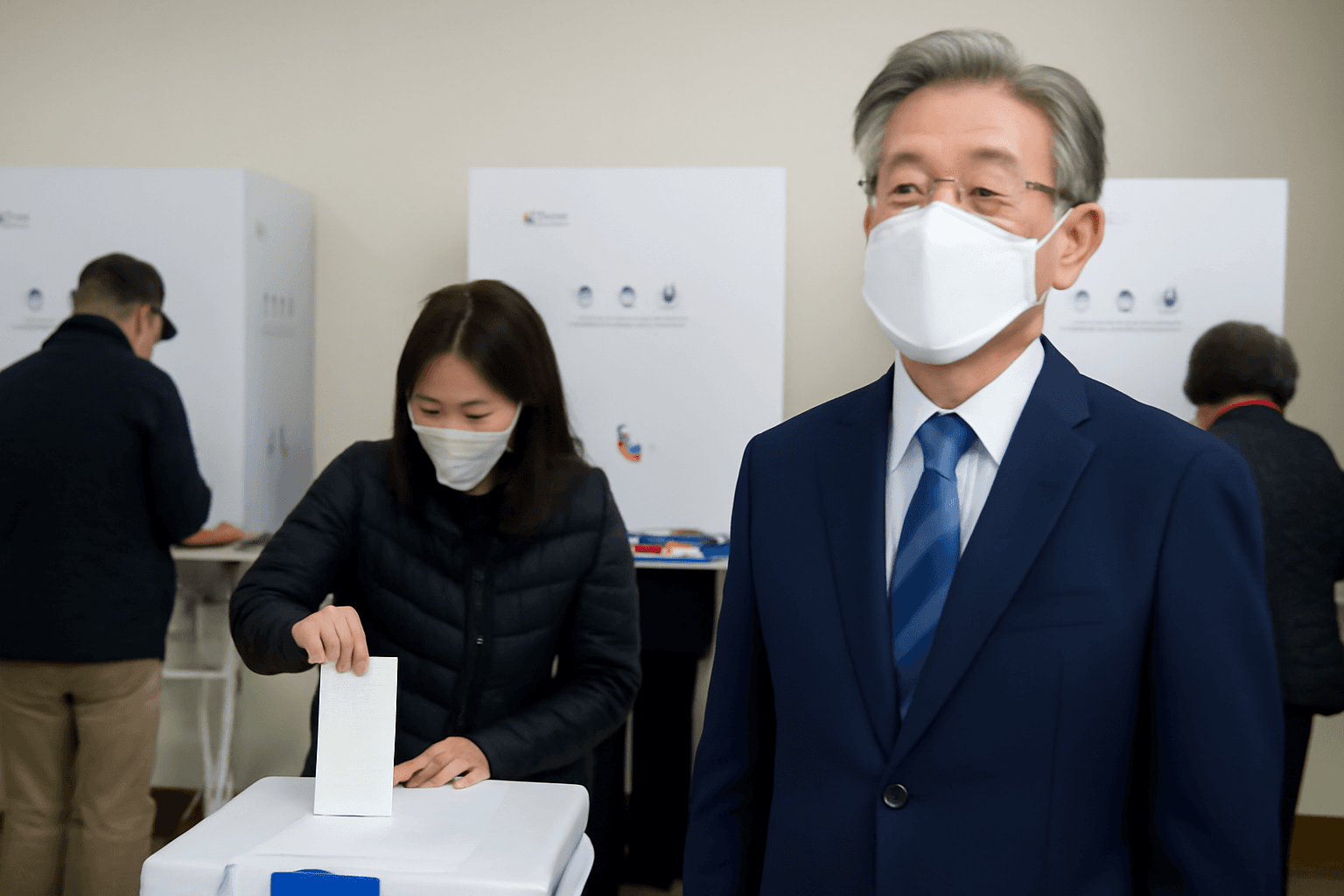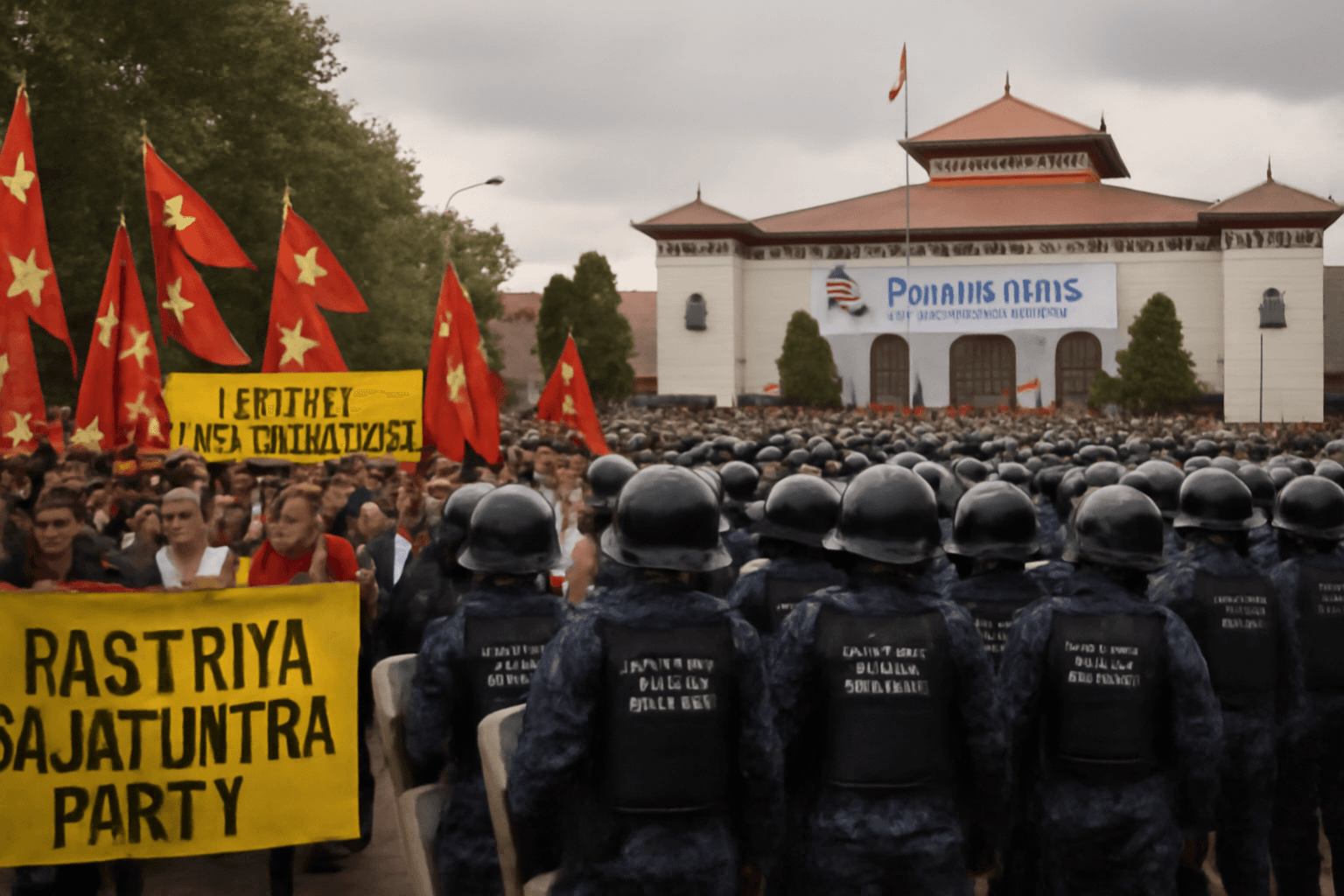The Trump administration is contemplating the implementation of temporary tariffs of up to 15% on a broad spectrum of imports for a duration of 150 days, according to a report by The Wall Street Journal citing sources familiar with the matter.
This proposed measure relies on a decades-old legal provision allowing short-term tariffs during national emergencies or economic disruptions. However, no final decision has been announced, and officials may delay enforcement depending on the outcome of ongoing court cases concerning broader trade policies.
Federal Appeals Court Temporarily Reinstates Tariffs
The report follows a federal appeals court's decision on Thursday to temporarily reinstate the administration’s comprehensive tariffs after a lower court ruled them unlawful. The appellate court granted an immediate administrative stay, effectively pausing the enforcement of the US Court of International Trade (CIT) ruling and maintaining the disputed tariffs during legal review.
Court Rules Trump Overstepped Authority Under IEEPA
Earlier, the CIT determined that President Trump had exceeded his executive authority by invoking the 1977 International Emergency Economic Powers Act (IEEPA) to justify imposing a base 10% tariff on all imports, with higher rates for selected countries. The court concluded that the IEEPA does not grant such expansive power for broad economic actions. The ruling affected only the blanket tariffs and did not impact existing industry-specific tariffs enacted under separate laws.
Given these legal challenges, the administration is exploring a more limited tariff mechanism as a temporary measure to provide short-term economic relief. Sources indicate that forthcoming judicial developments will significantly influence the final decision.
(With inputs from Reuters)

